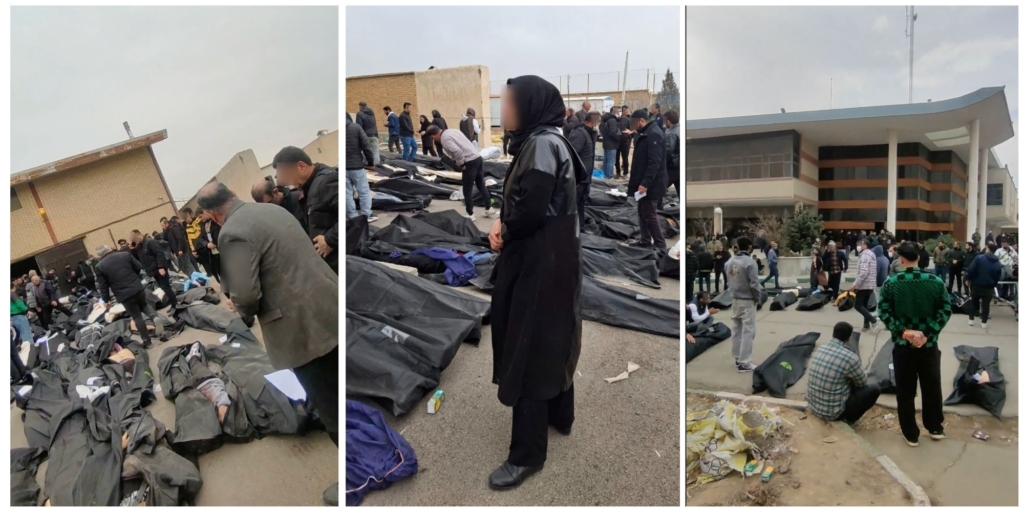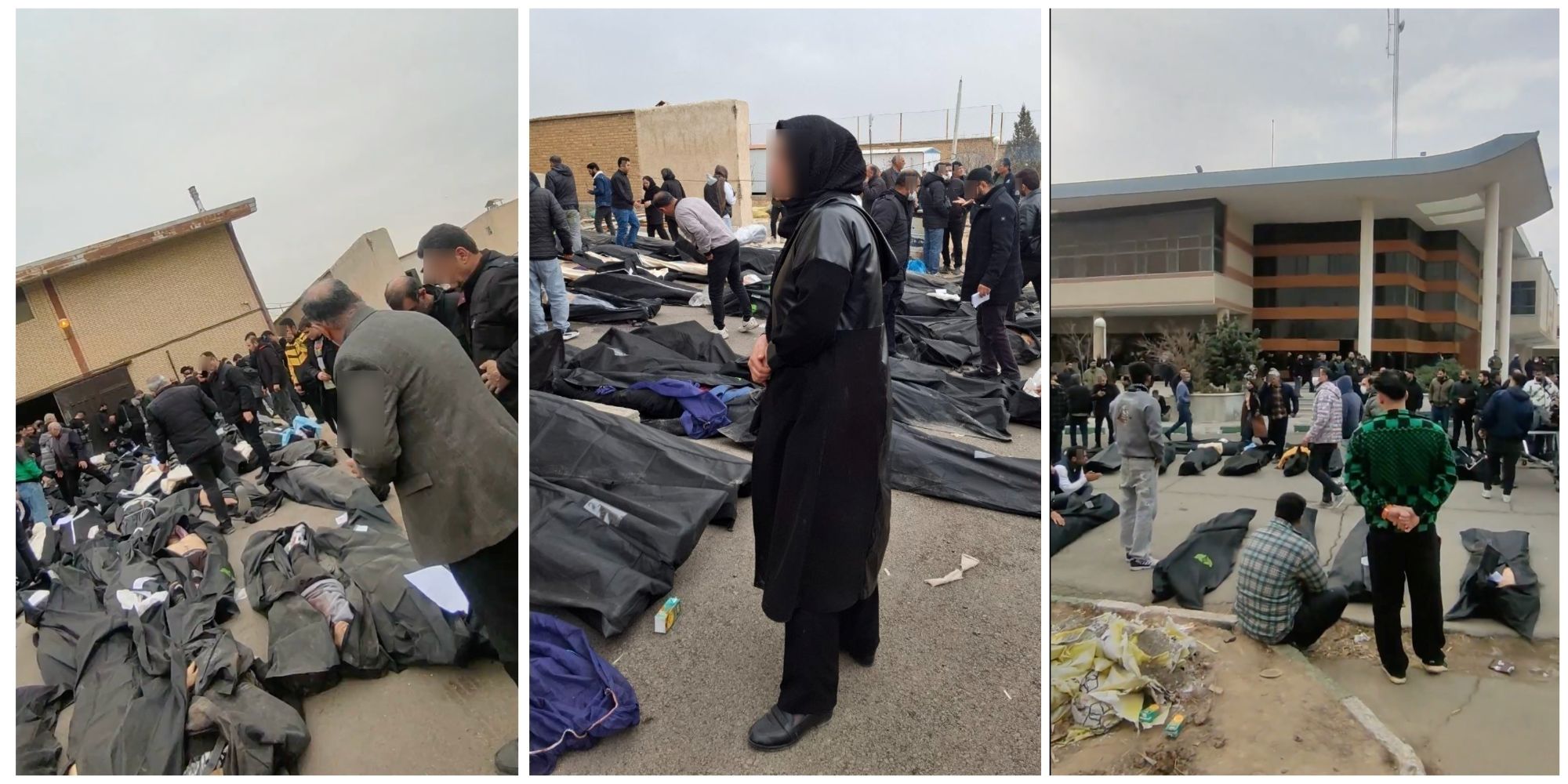On May 28, 1961 a British barrister, feeling outrage at the injustice in our world, was inspired to act. Peter Benenson had heard of the cases of two university students – arrested, tried and sentenced during what was at that time a cruel military dictatorship in Portugal – locked up simply because they had dared to raise their glasses of wine in a toast to freedom.
Peter knew that what had befallen those two students was by no means exceptional, and that there were people in every corner of the world, jailed because of their political beliefs, their religious faith or the colour of their skin; prisoners of conscience as they came to be known. Vitally, he also knew that he would not be alone in his sense of outrage.
So Peter Benenson set out to harness that collective concern and turn it into a force for change; a force for justice. In 1961 he did not set out to found a global human rights movement. Less ambitiously, but with a force of determination that soon involved countless others, he launched a year-long campaign for “amnesty” for those he called the forgotten prisoners, encouraging people to write polite letters to political leaders around the world, calling for freedom for women, men and young people who never should have been detained in the first place.
Critics and naysayers thought that Peter Benenson was delusional. Why would people want to take time to write letters on behalf of people they had never met and never would, who lived in countries they would never visit? And why would cruel despots care what a plumber in Manchester, office worker in Helsinki, grandmother in Melbourne or college student in Vancouver had to say?
But Peter Benenson was not delusional; he and every activist who flocked to his campaign were in fact visionary. People do care enough about the rights of others to write a letter; care deeply in fact. And even tyrants worry about world opinion; not always, but frequently enough that we know that global pressure can and does make a difference in the face of grave human rights violations.
Peter’s modest ambition of sustaining a year long campaign did grow into Amnesty International, which has grown to become the world’s largest human rights movement, has been honoured with the Nobel Peace Prize, and is present on the ground today in all corners of our globe.
Here in Canada Amnesty International has 400,000 supporters who actively take up cases close to home, notably the pervasive human rights violations experienced by Indigenous peoples in the country; and campaign for an end to atrocities in countries such as Yemen and Myanmar and protection for courageous human rights defenders in countries like Colombia and Honduras.
And 58 years later, sadly, Amnesty International has, in many respects, never been more important.
Far too many countries continue to be devasted by the ravages of war and armed conflict, with an agonizing list in 2019 that includes Yemen, South Sudan, Syria, Myanmar, Afghanistan and Libya.
Far too many politicians – including in the United States, Brazil, the Philippines and a growing number of European countries – win elections by promoting policies of hate, fear and division; with the most marginalized in our societies being targeted for threats and violence.
Additionally, we know that the rapidly spiraling impacts of climate change pose what is fast becoming the most urgent human rights challenge of our time; yet continues to be met by denial and resistance by far too many governments and powerful economic interests.
It may seem overwhelming. It may very understandably lead to the question, what difference could I possibly make? Just as it did in 1961.
And that is why the Amnesty International vision still holds true. The problems are immense and may seem insurmountable. But there is always one thing you can do right now to make a difference for one person, or for one community, or for one country. And there is a friend, co-worker, neighbour, relative or fellow student who you can urge to join you in that effort; and another and another…
That is where change comes from; it always has and always will. That is also the vision of the Sisters of St. Joseph community, a spirit of solidarity and collective responsibility that has been of such immense support to Amnesty International’s human rights efforts over the years.
Today, we cherish that close connection; and together we renew our commitment. Together, tomorrow and all the tomorrows to come: we will press on and we will not relent until the glorious promise of universal human rights protection is a reality for everyone, everywhere.






















